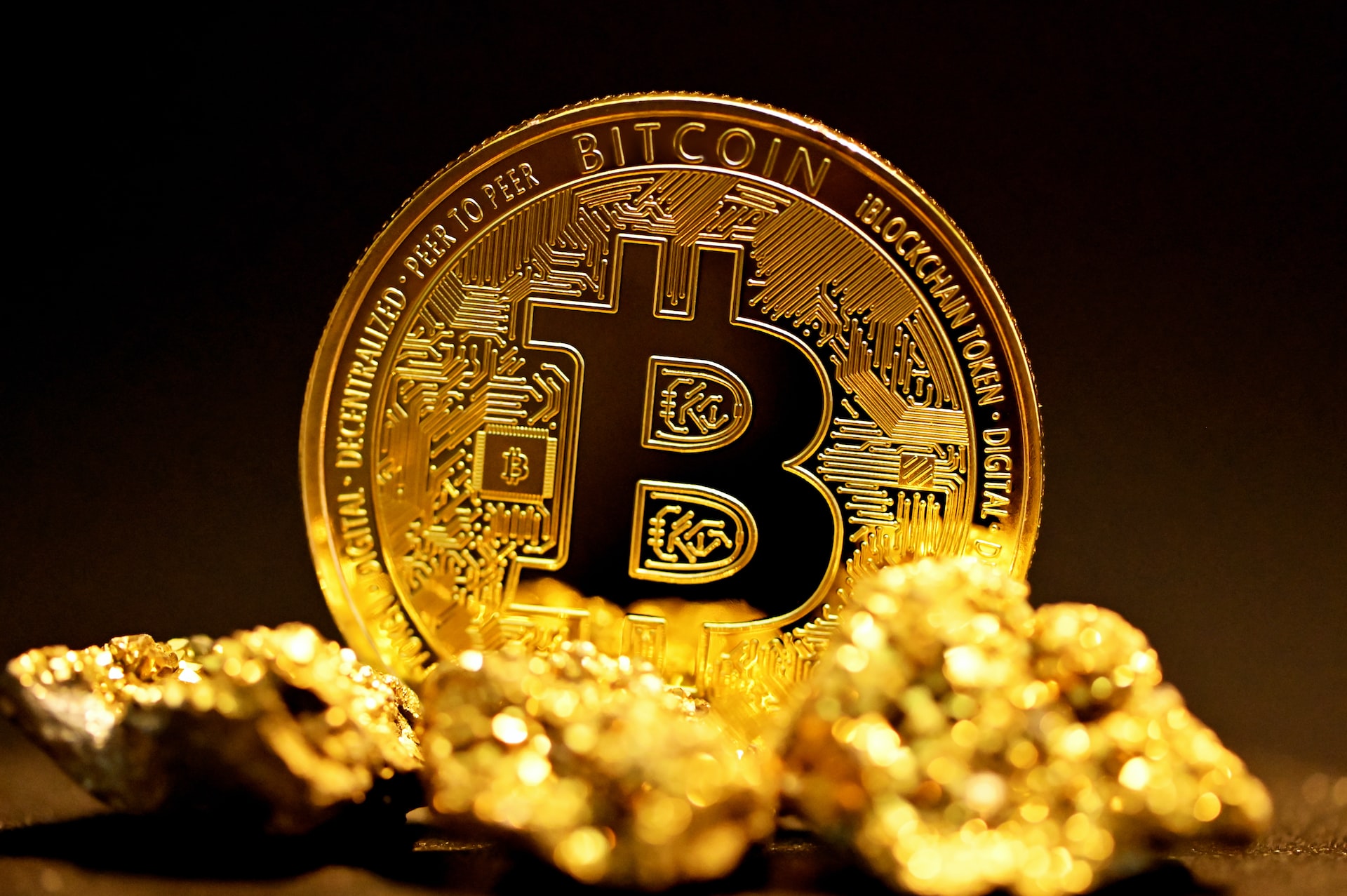Bitcoin and other crypto assets have Islamic scholars racking their brains as they attempt to discern how this new technology fits into Islamic finance, a concept that already dates back 1,400 years.
Read on to discover the opinions of various Islamic scholars and an answer to the question: Is Bitcoin halal?
What Makes Something Halal or Haram in Islamic Finance?
Islamic finance encompasses financial activities that comply with Sharia law — guiding principles drawn from the Quran and the sayings of Prophet Muhammad.
Based on these Islamic rules, some financial activities are allowed (halal), while others are prohibited (haram). That means Islamic finance isn’t at all like traditional finance, as some practices are forbidden for religious reasons.
For example, charging excessive interest, riba, on loans is deemed an exploitative activity because it favors the lender and takes advantage of the borrower.
Other haram activities include
- Speculative behavior, maisir: This practice is generally regarded as haram. This means that gambling or speculating on gains from uncertain future events is considered a violation of Sharia law. That’s because generating wealth based on chance is considered unproductive. Nonetheless, financial products like options, futures, and other derivatives that require speculation are halal since they are guided by the International Swaps and Derivatives Association (ISDA), an organization that promotes efficient and safe Sharia-compliant derivatives markets.
- Prohibited business activities: Businesses that engage in morally prohibited activities like selling pork, alcohol, and tobacco are haram.
On the other hand, halal financial practices entail
- Equity finance (Mudarabah), where customers and banks share profits.
- Leasing (Ijara).
- Profit-and-loss-sharing joint ventures, where two parties provide capital to fund a project and share the profits in agreed proportions.
- Islamic contract forwards (Salam and Istisna).
In Islamic finance, money has no intrinsic value — a term that defines some sort of inner or true value of a currency rather than its mere market price.
Muslims aren’t allowed to make money from money through activities like generating interest from lending. In other words, making money for the purpose of making money is haram.
Wealth can only be created via legitimate investments and trade. Hence, money must be used in a productive way. Additional principles of Islamic finance decree that risk must be shared and investments should benefit wider society socially and ethically.
Islamic Scholars’ Interpretation of Bitcoin

The status quo of what is halal and haram, as far as traditional financial practices go, is very clear. However, matters are different when it comes to crypto assets since they are new and complex. Therefore, digital assets have become a bone of contention for Islamic scholars as they attempt to clarify whether they are halal or haram.
Here are various interpretations of Bitcoin (BTC) and cryptocurrencies by Islamic scholars.
Sharia Review Bureau in Bahrain
Scholars from the Sharia Review Bureau in Bahrain said in 2018 that investments in cryptocurrencies such as ether (ETH) and bitcoin are permitted under Sharia law and, therefore, halal.
Mufti Taqi Usmani
Mufti Taqi Usmani has a different perception, arguing that Bitcoin and other cryptocurrencies are haram because they are used in speculative investments and illegal transactions.
Moreover, he says a currency is generally supposed to be a medium of exchange under Sharia law. When it is used to generate profits, it becomes haram. Therefore, in the words of Usmani, Muslims are not allowed to accept crypto as currencies.
The Shariah Committee Chairman of HSBC Amanah Malaysia Bhd, Dr. Ziyaad Mahomed
According to Dr. Ziyaad Mahomed, the Sharia law doesn’t require currencies to have intrinsic value. Instead, society should agree that a currency is valuable and acceptable in day-to-day transactions.
Judging by this view, this could mean the Islam community could consider bitcoin halal if there was a social consensus to use it as a currency.
Mufti Muhammad Abu-Bakar
Sharia advisor Mufti Muhammad Abu-Bakar’s crypto interpretation may have triggered a significant increase in BTC and ETH investment within the Muslim community in 2018.
He argued that all currencies have a speculative element, which means bitcoin’s speculative nature doesn’t necessarily make it haram, as every other currency can also be considered to be speculative in nature. Therefore, in his opinion, bitcoin is halal.
Shaykh Shawki Allam
The Egyptian Grand Mufti Shaykh Shawki Allam believes digital assets are haram since they have not earned enough credibility as currencies. His reasoning is similar to other Middle East Sharia scholars, who view crypto as high-risk assets.
“In my opinion, the trading of cryptocurrency is haram. This is because it is not approved by legitimate bodies as an acceptable medium of exchange. Such currencies are used in contraband trading and money laundering,” he said.
Asrorun Niam Sholeh
Asrorun Niam Sholeh is the head of religious decrees for Indonesia’s council of Islamic scholars. In his opinion, crypto trading is illegal because digital assets “have elements of uncertainty, wagering, and harm.”
Anas Amatayakul
Anas Amatayakul, a scholar that has led the committee directing the Islamic Bank of Thailand in Sharia, has an interesting take.
His fatwa (legal ruling) on crypto is that people should avoid it, but only for now. Amatayakul says he’s pro-technological change but admits the crypto space is so fast-moving that Muslims should avoid it for now to protect their wealth.
Fiqh Council of North America
The unanimous fatwa from North America’s Fiqh Council is that Bitcoin is halal under Sharia law.
The Sharia Advisory Council Branch of the Security Commission in Malaysia
This council’s view is similar to the position the Fiqh Council of North America has taken. The members of this council reckon that crypto trading and investment are permitted under Sharia law.
London-Based Shacklewell Lane Mosque
The Shacklewell Lane Mosque was one of the first mosques in the UK to accept crypto donations in 2018, indicating that its leaders regard crypto assets as halal.
Turkey’s Directorate of Religious Affairs
The directorate of religious affairs in Turkey considers cryptocurrencies haram because they are speculative assets, they aren’t overseen by any central authority, they are used in illegal activities, and their trading is “inappropriate.”
So, is Bitcoin Halal or Haram?
It is clear that Sharia scholars are divided when it comes to Bitcoin’s halal or haram status.
Those that say Bitcoin and other cryptocurrencies are haram mainly cite speculation, the illegal activities sometimes associated with the Bitcoin markets, and the lack of a central authority as the factors backing their positions.
On the other hand, scholars that consider Bitcoin halal look at the following aspects:
- Decentralization: BTC is decentralized, hence preventing exploitation by central authorities.
- Transparency: Bitcoin transactions are visible for anyone’s viewing.
- Islamic contract rules: Based on these rules, there must be mal to regard bitcoin as halal. Mal alludes to effective storage and possession. Bitcoin fits these criteria because people can possess and store it, and it has commercial value (mutaqawwam).
- Anti-interest: The concept of Bitcoin emanates from a need to empower society rather than profiting its founder(s).
That means Bitcoin can either be halal or haram depending on the factors one evaluates or where one lives.
For example, Egypt and Turkey seem to be taking the haram stance, while Malaysia and Bahrain regard Bitcoin as halal based on their scholarly interpretations above.
Furthermore, the UAE and Saudi Arabia, which are majority Muslim countries, are planning to create their own digital currencies in the form of central bank digital currencies (CBDCs). This shows a positive view in these jurisdictions toward digital assets in general.
That said, the Islam community may have to come to some sort of agreement in the future since the crypto sector is increasingly becoming hard to ignore as mainstream companies like Google, Visa, and Apple get in on the action. There is also a possibility that the current global financial sector may evolve toward the integration of decentralized finance (DeFi). In that case, Islamic finance surely does not want to be left behind.





